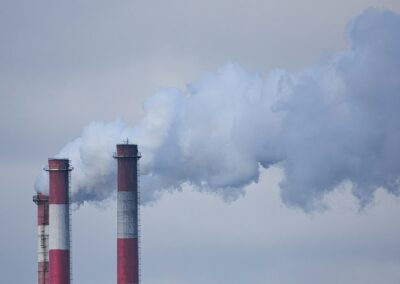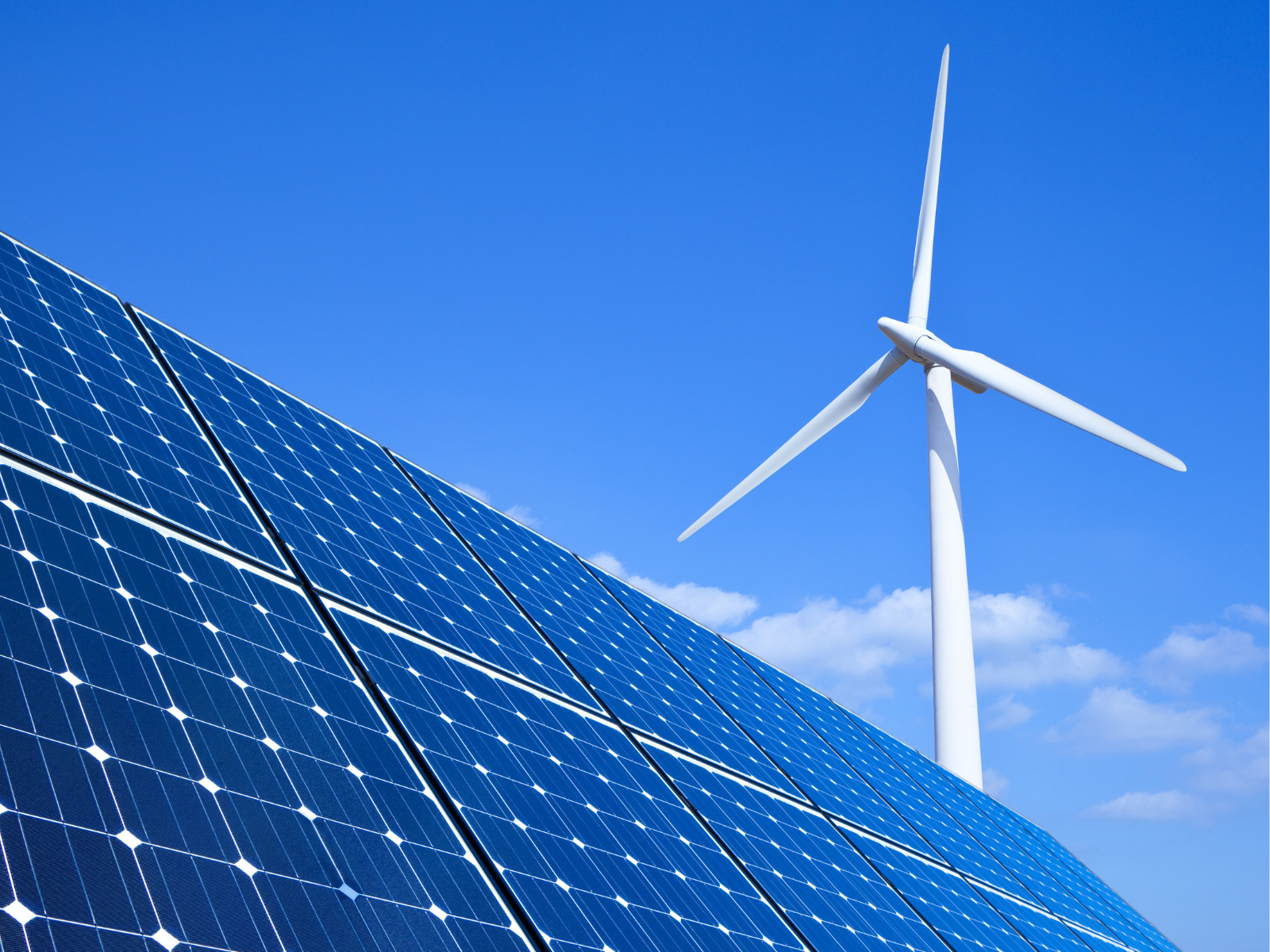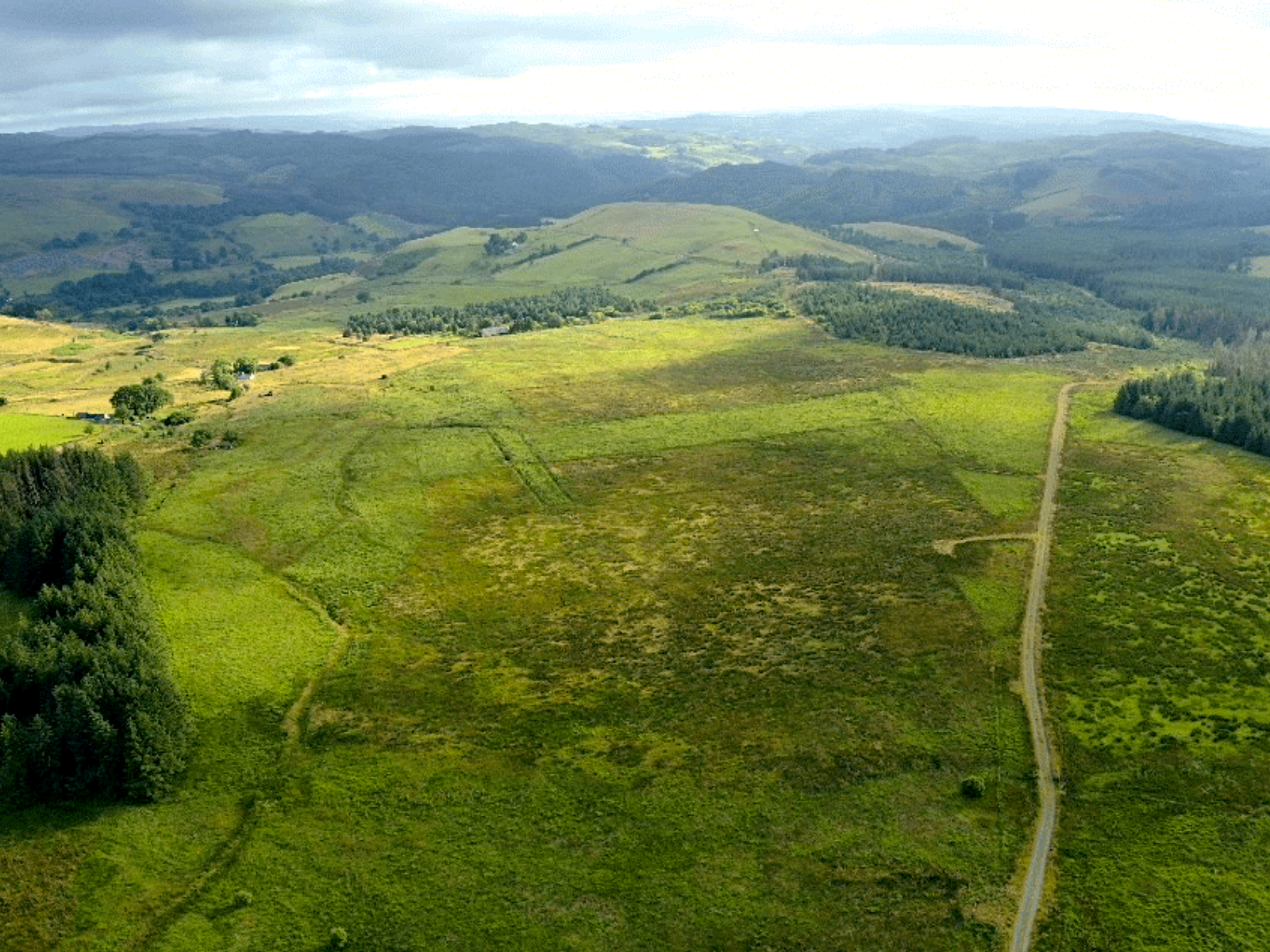Equitable transition
It is essential that net zero transitions are carried out fairly. Central to this is how the burden of reaching net zero is shared across and within countries.
The Paris Agreement states that net zero should be implemented to “reflect equity and the principle of common but differentiated responsibilities and respective capacities, in the light of different national circumstances”.
Equity is key to ensuring collective ownership and political buy-in, increasing the likelihood of real and impactful climate action.
Steps to ensuring an equitable transition to net zero
The need for an equitable transition has at least five main implications:
- Some countries and non-state actors may need to reach net zero faster, to compensate for those that may take longer to reach net zero.
- Different countries and non-state actors will need to chart their paths to net zero based on their own specific national circumstances and constraints.
- Developing countries will require financial, technological and capacity support in reaching net zero.
- Small and medium-sized enterprises in developing and developed countries will also require support to develop and implement transition plans.
- Different interventions for reaching net zero, for example carbon dioxide removal, will have diverse and sometimes severe implications for populations and systems, particularly in the Global South.
Different countries and non-state entities will follow different paths to net zero, with each transition reflecting a different mix of priorities and efforts to anchor net zero in the principle of sustainable development. The development of equity guardrails is central to ensuring the co-alignment of the objectives of net zero and economic and environmental objectives that will lead to sustainable development.
Equity concerns
Displacement and exclusion of indigenous communities
While the rapid development of global low-carbon infrastructure is necessary for achieving net zero, it has raised concerns relating to community displacement. There are a growing number of examples of the displacement of indigenous communities because of ‘green development’ projects, particularly in South Asia and Africa.
The exclusion of indigenous knowledge and perspectives has also been witnessed in several carbon offsetting ventures. Carbon sequestration solutions that fail to consult indigenous communities or environmental experts weaken biodiversity and lead to unintended psychological, social and economic consequences on local communities.
Environmental racism
Climate justice intersects with other major systems of inequality and injustice in our world, including global racism. Access to environmental resources, environmental health outcomes, and experiences of environmental change are all affected by one’s identity.
Environmental racism takes place within pathways to global net zero when indigenous peoples and people in the Global South are forced from their communities in the name of a crisis for which they are historically not responsible.
Unequal effects
Negative impacts of the climate crisis have been shown to disproportionately affect populations in the Global South, indigenous communities, people of colour, and women. Vulnerable populations overall, who have restricted access to resources, are expected to suffer more severe consequences sooner than those with greater access to resources.
|
Developing countries The greatest degree of warming is projected to be in developing countries located in the Global South. Such countries generally have less technical and financial capacity to adapt and cope with the effects of global warming, due to their limited economic capabilities, than their Northern counterparts. |
Indigenous communities Changing marine and terrestrial ecosystems have been shown to highly affect indigenous communities in both coastal and inland locations. As much as 80% of the world’s remaining forest biodiversity lies within indigenous peoples’ territories, and indigenous and community lands store at least 24% of the above-ground carbon in the world’s tropical forests. |
|
Racial inequality Decades of unjust, racist environmental policies have seen some communities of colour become dumping grounds for toxic chemicals. In the United States, air pollution disproportionately harms individuals of colour, with more than 57% of people of colour living in places with a failing grade for air quality measures (compared to 37% of white people). |
Gender inequality Women are more likely to be negatively affected by the climate crisis. More likely to live in extreme poverty than men, women have lower access to basic human rights and resources, making adaptation to changing environmental conditions more difficult. Women also deal with systemic systems of gendered violence, which are often exacerbated by instability, such as climate-induced migration. |
Research summary
Driven by the need to share the burden of meeting net zero fairly, our research aims to develop solutions for the equity aspects of net zero (e.g. for workers, households and low- or middle-income countries) and improve understanding of net zero from the perspective of the Global South. We highlight action on net zero by both state and non-state actors in the Global North and South and the implications of this action for countries and communities in the Global South, thus ensuring a holistic approach to equity and justice.
Recent publications
- Omukuti, J., Njoroge H., Lezaun, J., Valenzuela, J. and Olalere, Y. (2024). Governance levers for ensuring equity and justice in carbon markets in Kenya. Oxford Net Zero.
- Khosla, R., Lezaun, J., McGivern, A., & Omukuti, J. (2023). Can ‘net zero’ still be an instrument of climate justice?Environmental Research Letters, 18(6), 061001
- Fankhauser, S., Smith, S.M., Allen, M. et al. (2022). The meaning of net zero and how to get it right. Clim. Chang. 12, 15–21
- Omukuti, J. (2022). Net zero commitments by businesses in Africa: A stocktake. Oxford Net Zero.
- Liu, Q., Guo, Z., Gao, L., Dong, Y., Moallemi, E. A., Eker, S., Yang, J., Li, X., Obersteiner, M., & Bryan, B. A. (2021). A Review of Model-Based Scenario Analysis of Poverty for Informing Sustainability.Environmental Science & Policy. 137, 336-348
- Science Division (2020). Bridging the Gap – the Role of Equitable Low-carbon Lifestyles.Emissions Gap Report 2020. Chapter 6
OTHER RESEARCH THEMES
News and Events

Job opening: Serviced Emissions Research & Engagement Manager
The Oxford Net Zero Engagement Team is recruiting for a Serviced Emissions Research & Engagement Manager. This pivotal role will lead a high-impact initiative focused on advancing the understanding and integration of “serviced emissions” ... Read more

New Oxford Report: Carbon Capture and Storage Without Taxpayer Billions Is Possible
Oxford Net Zero and Carbon Balance researchers reveal the risks of the current UK CCS policy mix and explore how a carbon storage mandate on fossil fuel producers could help the UK meet its climate targets while protecting public finances A ... Read more

Oxford Net Zero partners with AXA XL on research in India, Mexico and Kenya
Oxford Net Zero is excited to announce that it is working with the insurance company AXA XL, the Institute for Science, Innovation and Society (InSIS), and the Smith School of Enterprise and the Environment to conduct research on private sector ... Read more

Finance, Fossil Fuels and $10 coffee: Reflections on COP29
As we begin a new year, Oxford Net Zero looks back on the highs and lows of November's climate summit in Baku. In some ways, this COP was different. The venue was smaller than in previous years, which meant that attendees could have genuine ... Read more

Oxford Net Zero announces affiliation with Reuben College
Oxford Net Zero is pleased to announce an affiliation with Reuben College. This new strategic partnership will allow us to collaborate more closely on environmental change, which we are both working to address as a core objective. Professor ... Read more

Using natural carbon sinks to offset emissions will not stop global warming, scientists say
As the COP29 negotiations continue, a new study published today in Nature demonstrates that protecting and maintaining natural carbon sinks, while vitally important, will not compensate for ongoing fossil fuel use. Natural carbon sinks such ... Read more



